The Commission describes sustainable development as “meeting the needs of present generations without jeopardizing the ability of futures generations to meet their own needs – in other words, a better quality of life for everyone, now and for generations to come.”
Moving the sustainable development vision forward is a complex endeavor involving many aspects including policy at EU, national, regional and local levels and through various parties including the engagement of society through the decisions we each make, every day. Basically, sustainable development touches every part of our lives.
Recently I met Tony McNally, Managing Director at Climate Change Solutions Ltd and Coordinator of the 2020 Low Carbon Business & Communities Partnership at an event chaired by Cllr Kevin Maton, Coventry City Council Cabinet Member. As the time was short, we agreed to meet and discuss our mutual interests at a later date. When we did so I gained a glimpse into some of the fascinating activities being carried out by our local councils, universities, Local Enterprise Partnership as well as local businesses. Some of the initiatives I was aware of, some were new to me, but all displayed a strong climate change adaptation and mitigation commitment with a long-term vision up to 2020. They feature in a workshop organised by Climate Change Solutions in November:
- Coventry University, Engineering and Computing Building is a state-of-the-art engineering facility representing a £60 million investment and one of the cases available in CASIPEDIA
- The Combined Heat and Power plant, University of Warwick, runs with 4.6MW capacity that supplies the 292-hectare campus with power and hot water through a district heating network, saving the university an estimated 5,000 tonnes of CO2 per annum. It generates over 50% of the electricity used on campus. The heat produced meets most of the hot water, space heating and heat driven cooling system needs.
- Severn Trent Centre, Coventry is a seven-storey 20,000m2 landmark building, both in terms of appearance and environmental credentials. Produced 30% less construction waste, 10% less than construction CO2 target and avoided 96.5% of landfill waste.
- Coventry District Energy Co. is a groundbreaking scheme, the first of its kind in the UK. It will see Cofely take the unique role of ‘heat shipper’ by buying heat from the Energy from Waste (EfW) and ‘shipping’ it via a 6.6km network of buried pipes to consumers in the City Centre
All of these were fascinating, but when I got back to the office I was curious and continued to explore the types of community sustainability projects that were being offered in my locality.
I did find references to a Local Strategic Partnership for our city which represented partners from the public, private, community and voluntary sectors. Regrettably this Partnership no longer looks active. However, I found another model being employed to deliver community support – through national (and beyond) organisations offering support throughout its network. See below for two examples:
Garden and community allotment
People are encouraged to grow their own fruit, vegetables and flowers. The community garden offers activities that will suit all abilities regardless of the level of knowledge possessed, so experienced and knowledgeable gardeners or those seeking to potter and learn from others, as well as volunteers too, are welcome.
The community garden is subsidised by Age UK Coventry and members make a small contribution for each visit.
Coventry Food Bank
Unfortunately, there has been an increasing need for this type of support in many communities. Over the past 24 months, Coventry Food Bank has distributed food to 18,000 people living in the city. The food bank gives out nutritionally balanced emergency food to people in crisis and also offers support to help break the cycle of poverty, putting people in touch with relevant agencies for further support.
Food is donated by the people of Coventry and volunteers sort and pack the food into food boxes which contain enough food for 3 days. Frontline care agencies in the city provide a voucher to those in need which in turn is handed over at the food bank centre. People receive a warm welcome, a hot drink and a food parcel. Coventry Central foodbank is part of the food bank network grown by The Trussell Trust – a Christian charity committed to launching life-changing, sustainable, community-based projects in the UK and overseas.
Whilst the examples outlined here may not be in your region – perhaps they could be? Maybe you have different projects that you’d like to share in the comments field?
What struck me was how much more effective these initiatives were when the organisations worked as part of a network with leadership and a strategy – not to mention that almost by default you increase exponentially the number of ambassadors who carry your message. The importance of a network mirrored the discussions at a recent Policy Dialogues workshop we held in March Coventry University in the UK. Generally, participants were concerned that resources were being wasted through duplication and fragmentation, that a network or partnership led by a charismatic, enthusiastic leader with a clear vision would be more effective to ensure goals are met, progress achieved and sustainability touched more lives in a meaningful way.
This blog was written in collaboration with Climate Change Solutions. On 21st June 2016 in Coventry, UK the 2020 Low Carbon Business & Communities Partnership host “Building a Better Future”.
Relevant themes:
Climate action, Resource efficiency, Environment, Raw materials, Public participation
Relevant tags: Technological innovation, Sustainability, Eco-innovation, Sustainable lifestyles, Sustainable materials management, Energy policy



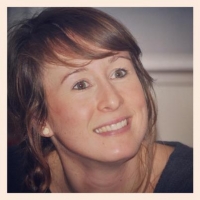

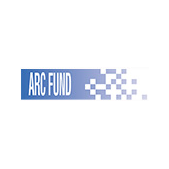
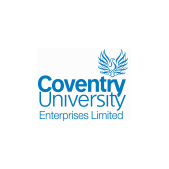


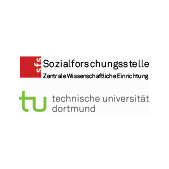
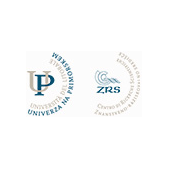
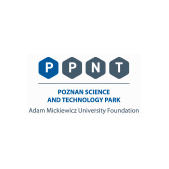
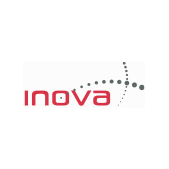


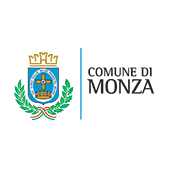
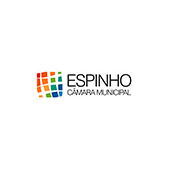



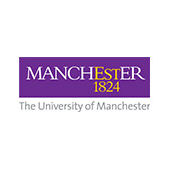

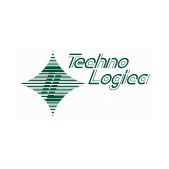



It is really interesting to read that societal actors value being part of a network. I am happy to hear more about the potential benefits of networks for sustainable development!